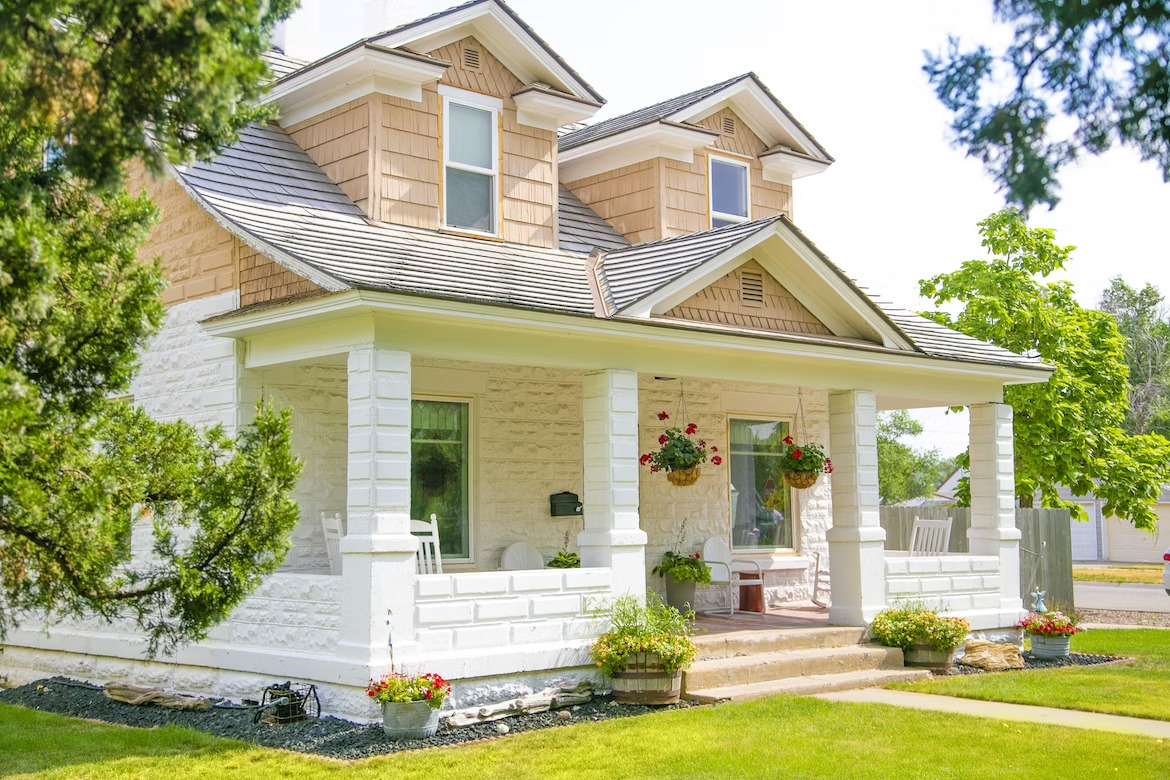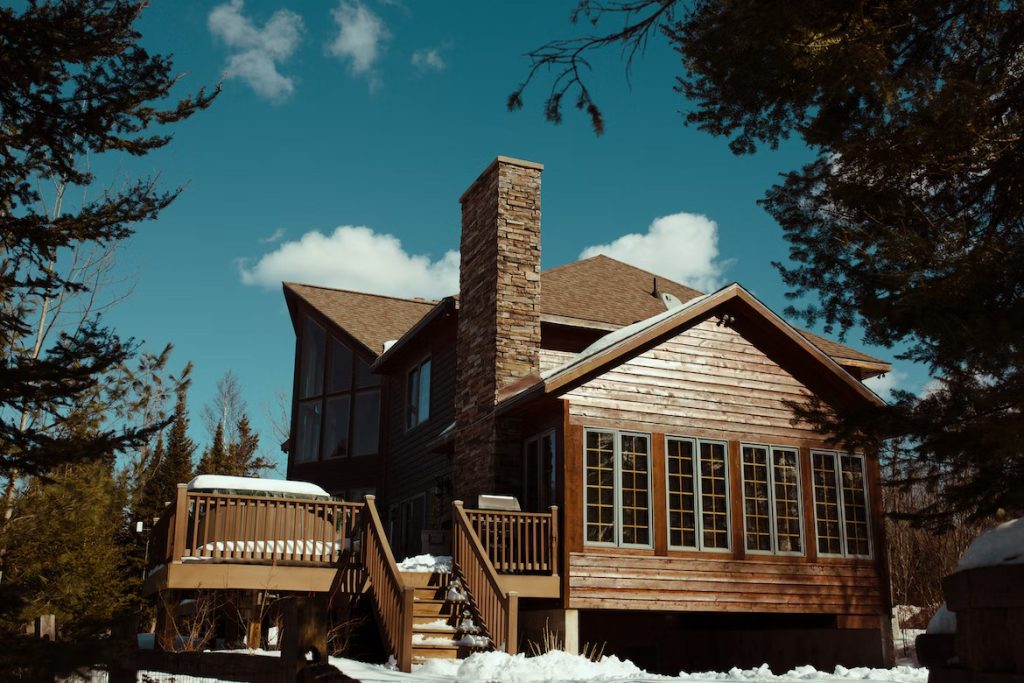
03 Aug Minimum Down Payment for a Second Home in Canada: What You Need to Know
Thinking of buying a second home in Canada? It’s an exciting prospect that opens up a world of possibilities – from cozy getaways to lucrative investment opportunities. But before you start packing your bags or researching potential properties, there’s a crucial aspect you need to understand: the minimum down payment requirements for second homes.
In this guide, we’ll dive into the nitty-gritty of down payments and explore how they vary based on different types of second properties. Whether you’re eyeing a charming cabin by the lake or a rental property, let’s unravel the key information you need to know.
Understanding Second Home Purchases
So, what exactly qualifies as a second home? In real estate, a second home refers to a property that you don’t use as your primary residence. Instead, it serves as a secondary dwelling, used for various purposes such as vacations, family gatherings, or as an investment property to generate rental income.
The distinction between your primary residence and second home matters when it comes to mortgage financing. Lenders have specific criteria for second home purchases, and understanding these distinctions will help you navigate the financial landscape more effectively.
Second homes have diverse purposes, catering to a wide range of desires and aspirations. Some individuals want a tranquil vacation property where they can escape the hustle and bustle of daily life. Others see a second home as an opportunity to invest in rental properties and generate additional income. Regardless of your motivation, understanding your purpose will guide you in making the right decisions.
Minimum Down Payment Requirements for Second Homes
When it comes to financing a second mortgage, not all properties are created equal. Many lenders categorize second properties into two groups.
The first includes properties that are accessible year-round and boast proper cement foundations. The second category encompasses properties that may not be accessible throughout the year, such as cabins on lakes used for summer holidays.
For second homes that are accessible year-round and possess proper foundations, lenders often treat them similarly to primary residences. This means you may be eligible for down payments as low as 5% of the home purchase price, making your dream of owning a second home more attainable. If you’re purchasing a second home that will be occupied by a family member, many lenders may also approve the purchase with a down payment as low as 5%.
That being said, minimum down payment requirements are different if you’re eyeing a summer cottage or a property that is not accessible year-round. In that case, your mortgage lender may require a larger down payment – potentially up to 35% of the purchase price. This is because such properties may carry more significant risks for lenders, and a larger down payment acts as a safeguard.
CMHC (Canada Mortgage and Housing Corporation) Default Insurance
CMHC mortgage default insurance plays a vital role in facilitating property purchases with smaller down payments. This mortgage insurance is designed to protect lenders in case borrowers default on their mortgage payments. However, it’s essential to know that CMHC does not currently offer default insurance for vacation or second home properties. This is due to the higher risks associated with these types of properties compared to primary residences.
An Alternative Insurance Provider
While CMHC might not be an option for insuring second homes, there is an alternative mortgage loan insurance provider: Sagen. Formerly known as Genworth Canada, Sagen offers many different mortgage insurance products to lenders and brokers across Canada.
Financing Options and Mortgage Rates
When buying a property, your down payment not only affects your initial investment but also plays a significant role in determining your mortgage rates. Generally, a larger down payment can lead to lower mortgage rates, as it demonstrates a lower level of risk to the lender.
Fixed-Rate and Variable-Rate Mortgages
When it comes to mortgage types, you have the option to choose between fixed-rate and variable-rate mortgages. A fixed-rate mortgage offers stability, with a consistent monthly mortgage payment throughout the mortgage term. On the other hand, a variable-rate mortgage can provide potential savings if interest rates decrease.
Assessing Risk with Down Payment Percentages
Lenders carefully assess risk factors when evaluating mortgage applications. A higher down payment percentage indicates a lower loan-to-value ratio, which can result in a more favourable mortgage application and potentially better mortgage terms.
Pros and Cons of Different Down Payment Amounts
Now let’s explore the pros and cons of different down payment amounts:
- Advantages of Larger Down Payments: Opting for a larger down payment comes with several benefits. First and foremost, a larger down payment leads to a reduced loan amount, meaning you pay interest on a smaller amount, resulting in lower monthly payments. You’ll also save on interest costs over the long term, making your homeownership journey more cost-effective.
- Benefits of Smaller Down Payments: Smaller down payments offer their own advantages. By conserving more cash upfront, you’ll have additional funds available for other investments or financial goals. However, it’s essential to consider that smaller down payments may lead to higher monthly mortgage payments and increased interest costs.
- Evaluating Your Personal Finances: The ideal down payment amount varies for each individual, depending on their financial situation and long-term goals. Figuring out how much down payment you can afford involves a thorough evaluation of your personal finances, considering factors such as your monthly budget, emergency savings, and other financial obligations.
Financing Strategies for Second Home Buyers

Here we’ll examine a few different financing strategies you can use to purchase your second property:
- Tapping into Home Equity: If you already own a primary residence, you may have the option to leverage your existing home equity to fund your second home down payment. By refinancing your primary residence, you can access funds through a home equity line of credit or a mortgage increase.
- Refinancing for Vacation Properties: For those dreaming of a summer cabin or lakeside retreat, many lenders may require a minimum down payment of 35% of the purchase price. To acquire these funds, you can consider refinancing your existing property through a mortgage increase or home equity line of credit.
- Utilizing Rental Income: If your second home will serve as a rental property, lenders may consider using the potential rental income to support your down payment requirements. This can be especially beneficial for investors seeking to generate rental income to help with their mortgage payments.
Working with a Mortgage Broker
If you’re feeling overwhelmed with the many financing options and down payment considerations involved in buying a second home, a mortgage broker can be your guiding light through the process. They are experts in the mortgage industry, offering personalized advice and helping you find the most suitable financing options.
A mortgage broker will navigate the intricacies of down payment requirements, helping you understand the options available to you. They can also analyze your financial situation and long-term goals to recommend the best down payment strategy. From gathering the necessary documents to submitting your mortgage application, a mortgage broker will streamline the entire process, saving you time and effort.
John Antle Mortgages – Unlock Your Second Home Dreams with Expert Guidance
Armed with a deeper understanding of minimum down payment requirements for second homes in Canada, you’re well-prepared to embark on your second home journey. Remember that purchasing a second home is a significant financial decision, so being well-informed is crucial.
To navigate the complexities of second home purchases, it’s essential to seek professional advice. Tax considerations, financing options, and down payment strategies require a seasoned expert’s insight. Don’t hesitate to contact John Antle Mortgages for personalized assistance and expert guidance tailored to your unique circumstances. Whether you need pre-approved mortgages, mortgage renewals, or any other form of assistance in your home ownership journey, we can help.



Sorry, the comment form is closed at this time.